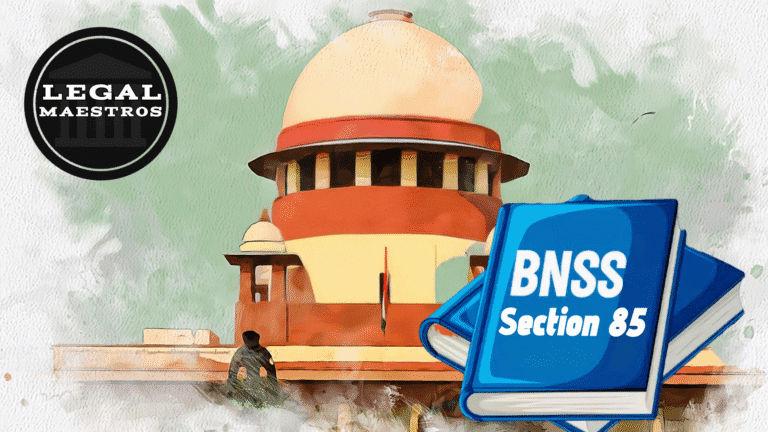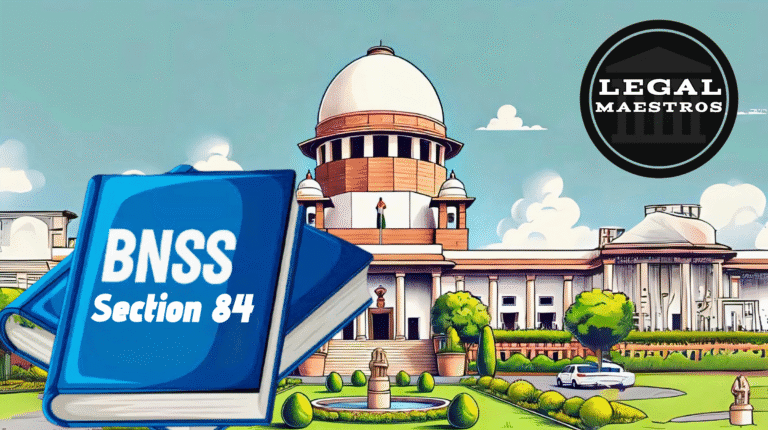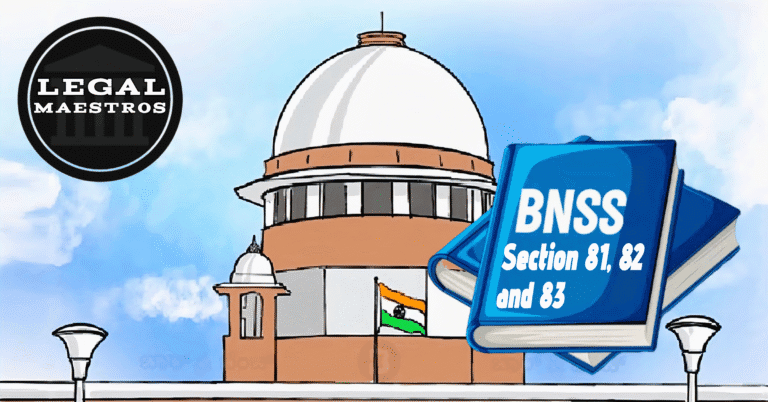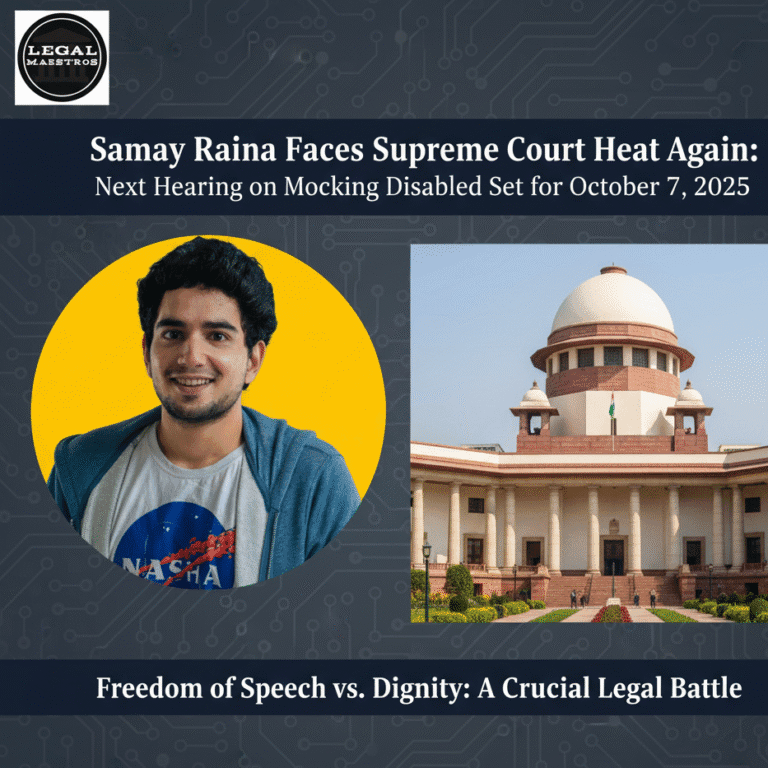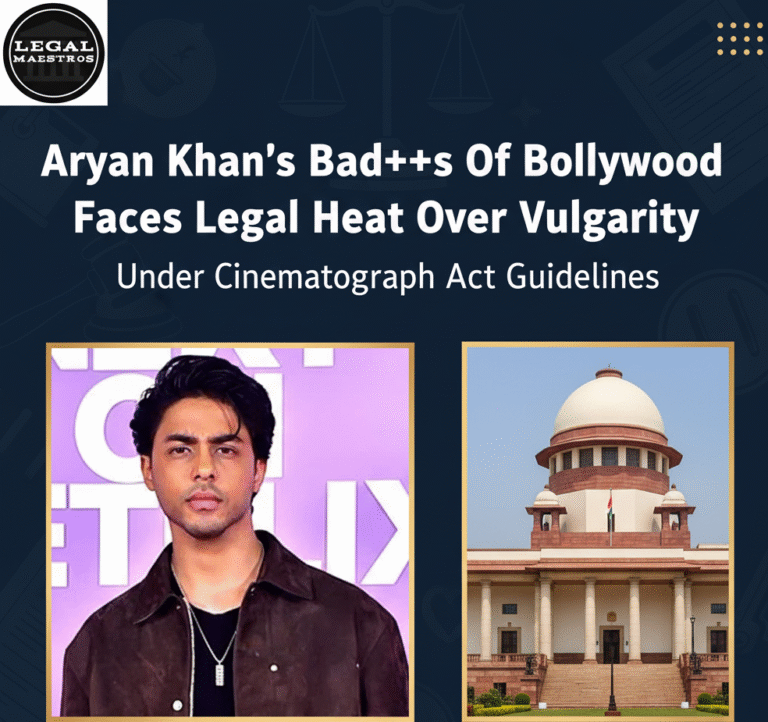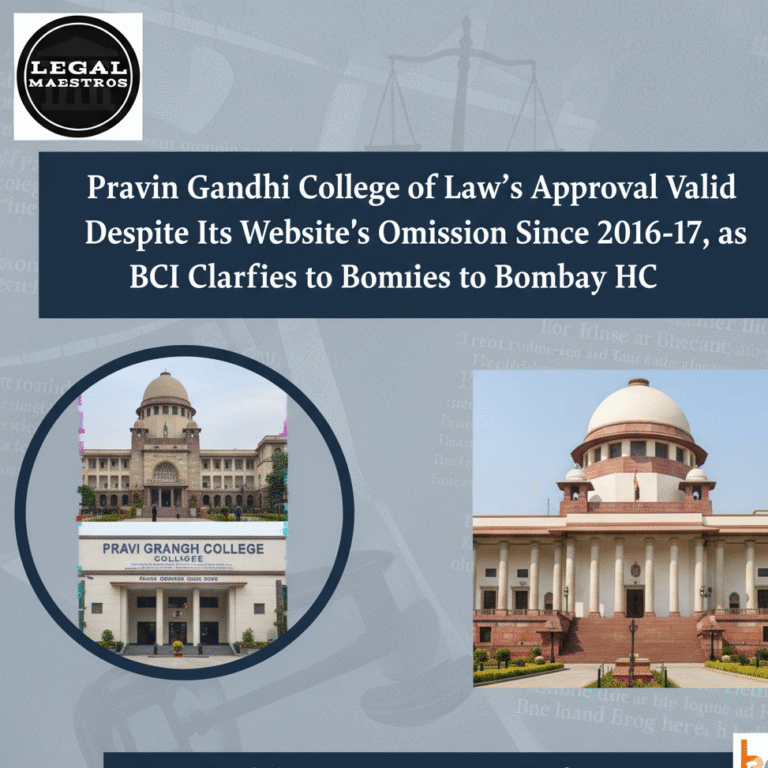
Section 22: Sentences Which High Courts and Sessions Judges May Pass
The sentencing powers of High Courts and Sessions Judges are discussed in Section 22 of the Constitution.
It is within the authority of a High Court to impose any sentence that is authorized by law, as stated in subsection (1). This includes the possibility of life imprisonment, the death penalty, and any other type of punishment that may be in accordance with the laws that are applicable. As the highest appellate courts in a state, high courts have the most extensive sentencing discretion since they are the highest courts in the state.
According to what is stated in subsection (2), a Sessions Judge or an Additional Sessions Judge has the authority to impose any sentence that is authorized by law. It is important to note that the High Court has the authority to confirm a death sentence if it is handed down by the court. Having this provision in place is a significant precaution against the execution of an innocent person. Prior to the execution of the death sentence, the High Court is required to conduct a comprehensive review of the case, which includes an examination of the evidence and the reasons that led to the decision.
As an illustration, in the event that a Sessions Judge finds a person guilty of a violent murder and imposes the death penalty on them, the execution of the sentence will not take place until the High Court has confirmed it after analyzing the full case.
Section 23: Sentences Which Magistrates May Pass
Various types of Magistrates are subject to different sentence restrictions, which are defined in Section 23.
A Chief Judicial Magistrate is authorized to impose any penalty that is authorized by law, with the following exceptions, as stated in subsection (1):
with the death penalty,
A sentence of life imprisonment, or
A sentence of imprisonment that is more than seven years.
Chief Judicial Magistrates are therefore able to deal with offenses that are somewhat serious, but they are not able to deal with the most serious offenses, which are reserved for Sessions Courts.
According to the provisions of subsection (2), a Judicial Magistrate of the first class has the authority to impose a sentence of:
incarceration for a maximum of three years,
Punishment of up to fifty thousand rupees, or both
as well as a monetary penalty.
According to the provisions of subsection (3), a Judicial Magistrate of the second class has the authority to impose a sentence of:
confinement for a period of up to 24 months,
Punishment of up to ten thousand rupees, or both
as well as a monetary penalty.
Example: [Figure] Suppose a person is found guilty of committing a minor theft. He might be sentenced to a fine of five thousand rupees and a jail sentence of six months if he is found guilty by a Judicial Magistrate of the second class. The culprit could be sentenced to two years in prison and a fine of forty thousand rupees if the offense involves larger larceny. This punishment would be handed down by a Judicial Magistrate of the first class under the circumstances.
For More Updates & Regular Notes Join Our Whats App Group (https://chat.whatsapp.com/DkucckgAEJbCtXwXr2yIt0) and Telegram Group ( https://t.me/legalmaestroeducators )
Section 24: Sentence of Imprisonment in Default of Fine
Section 24 addresses the possibility of a person being sentenced to imprisonment for failing to pay a fine after being found guilty of a crime.
It is permissible for a Judicial Magistrate to impose jail as a consequence of failing to pay a fine in accordance with the law, as stated in subsection (1). Nevertheless, there are two significant requirements to consider:
(a) The Magistrate’s sentence authority under Section 23 must not be exceeded by the amount of time that the defendant shall be incarcerated for default.
The default imprisonment should not exceed one-fourth of the term that the Magistrate is otherwise authorized to impose. This is the case in situations when the Magistrate has previously handed down a sentence that includes imprisonment as a component of the main punishment.
The inclusion of this clause guarantees that the penalty for failing to pay a fine will not grow excessively severe.
In accordance with the provisions of subsection (2), the Magistrate may hand down a sentence of imprisonment in addition to the primary punishment that has been handed down, provided that the sentence does not exceed the limits that have been specified above.
To illustrate, a Judicial Magistrate of the first class has handed down a sentence of two years in prison and a fine of forty thousand rupees to a person who has committed a crime. The Magistrate has the authority to impose an extra incarceration sentence of up to nine months in the event that the offender does not pay the fine. This is equivalent to one-fourth of the three-year limit that is stipulated in Section 23(2).
Section 25: Sentence in Cases of Conviction of Several Offences at One Trial
Section 25 addresses the circumstances that arise when an individual is found guilty of multiple offenses throughout the course of a single trial.
Under the provisions of subsection (1), the Court is authorized to impose distinct punishments for each offense, provided that these punishments are within the Court’s jurisdiction. Depending on the seriousness of the offenses, the court has the authority to specify that the sentences should be carried out either concurrently (at the same time) or consecutively (one after the other).
In the event that a person is found guilty of two offences, each of which carries a sentence of three years in prison, the court has the authority to decide whether the sentences should be served concurrently (for a total of three years) or consecutively (for a total of six years), depending on the gravity and character of the offences.
There are two safeguards provided by subsection (2) in the event that the court decides to impose consecutive sentences:
a) The entire amount of time imprisoned shall not exceed fourteen years under any circumstances.
The overall sentence must not be more than twice as much as the maximum amount of punishment that the court is permitted to impose for a single offense.
Even in cases when many offenses are tried concurrently, this rule guarantees that cumulative sentences will not exceed the limitations of what is considered to be reasonable.
Consider the following scenario: a Chief Judicial Magistrate, who has the authority to inflict a maximum sentence of seven years in jail, finds a defendant guilty of three separate offenses. Even in the event that the term is ordered to be served consecutively, the overall sentence cannot be longer than fourteen years. Furthermore, the punishment should not be longer than twice the seven-year restriction, which is likewise fourteen years.
In subsection (3), the appeals process is made more straightforward. The sum of successive sentences is considered to be a single sentence for the purposes of appealing the sentence. Consequently, this eliminates the requirement of filing separate appeals for each sentence and guarantees that the punishment would be considered in a cohesive manner.
For any queries or to publish an article or post on our platform, please email us at contact@legalmaestros.com.

